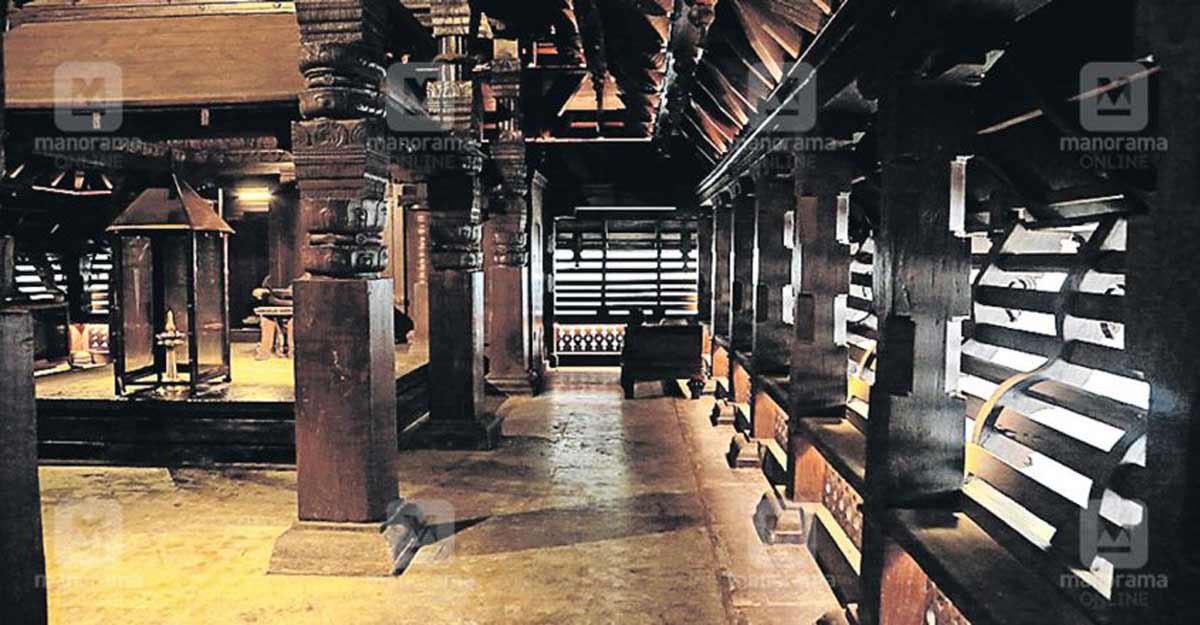UNESCO ASIA PACIFIC AWARD FOR CULTURAL HERITAGE CONSERVATION
The renovated Koothambalam of the Guruvayur Temple has been awarded the UNESCO Asia Pacific Award for cultural heritage conservation.
“The project has sensitively conserved one of the few remaining structures in southern India designed for ritual performances of the Koodiyattam. With all works governed by ancient architectural philosophy, vernacular building practices and Hindu rituals, the conservation project itself can be seen as a votive offering which celebrates the renewal of the historic building as part of the safeguarding of a spectacular but vulnerable intangible heritage.”
UNESCO released a statement honouring the rich cultural heritage in the state.
The Koothambalam of Sree Krishna Temple, Guruvayur was renovated without damaging the heritage beauty by renovating the granite and wooden structures.
The roof of the Koothambalam was made with copper sheets.
The Special Recognition for Sustainable Development has been awarded to Lai Chi Wo Rural Cultural Landscape, Hong Kong SAR China and Sunder Nursery, New Delhi.
In 2015, the Sree Vadakkunnathan Temple was selected for the UNESCO Award for the preservation of heritage.
UNESCO Asia-Pacific Awards for Cultural Heritage Conservation recognises exemplary efforts of individuals and organisations to restore or conserve structures, places and properties of heritage in the region.
UNESCO is the United Nations Educational, Scientific and Cultural Organisation that seeks to build peace through international cooperation in education, the sciences and culture. It helps countries adopt international standards and promotes cultural heritage and equal dignity of all cultures, strengthening bonds among nations.
UNESCO preserves 1073 world heritage sites in 167 countries and leads global efforts to reach quality education for all.
UNESCO’s programmes contribute to the achievement of the Sustainable Development Goals adopted by the General Assembly.
UNESCO has 193 members and 11 Associate Members. All the members of the United Nations will be members of UNESCO. States that are not members of the UN also can be admitted upon the recommendation of the Executive Board by two third majority votes of the General Conference.
The General Conference consists of the representatives of UNESCO’s member states determining the policies, programmes and the budget of the Organisation.
UNESCO’s global priorities are Africa and gender equality.
UNESCO decided to support the African States in the implementation of policies and programmes promoting regional and continental integration and to improve socio-economic status of the people.
It is believed that all forms of discrimination based on gender are violations of human rights.
Women and men must enjoy equal opportunities, choices, capabilities, power and knowledge as equal citizens.


